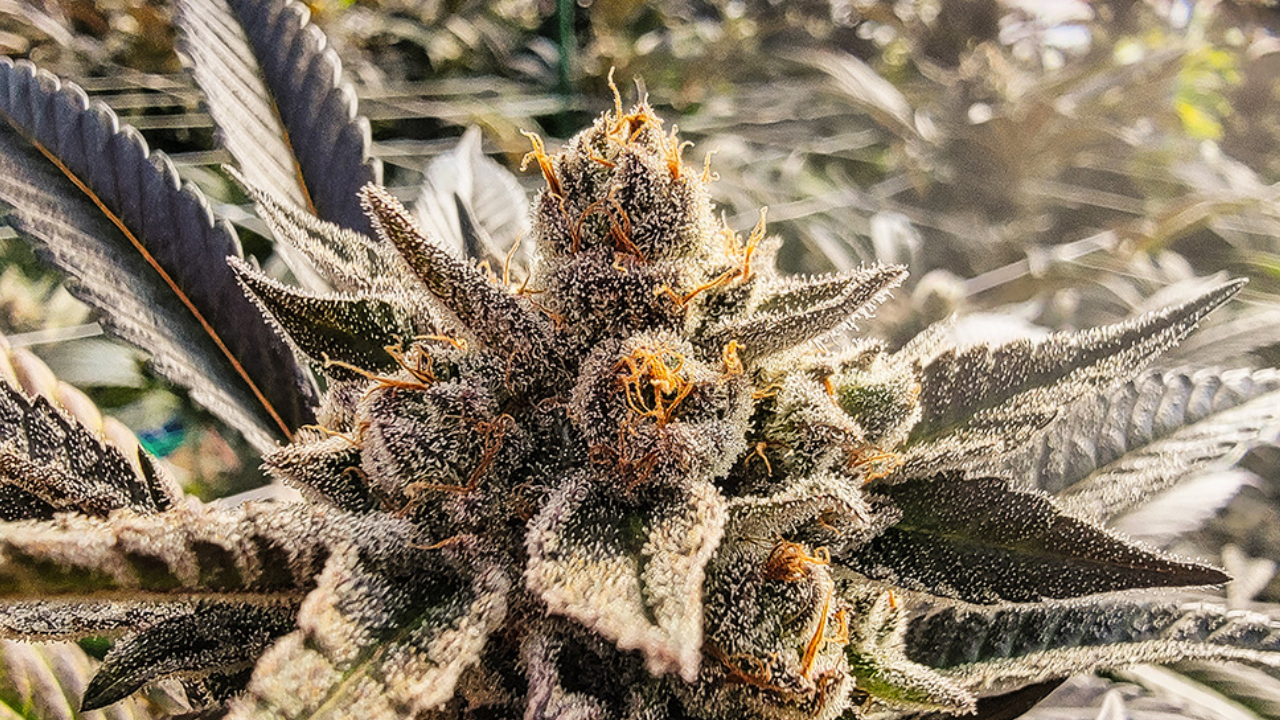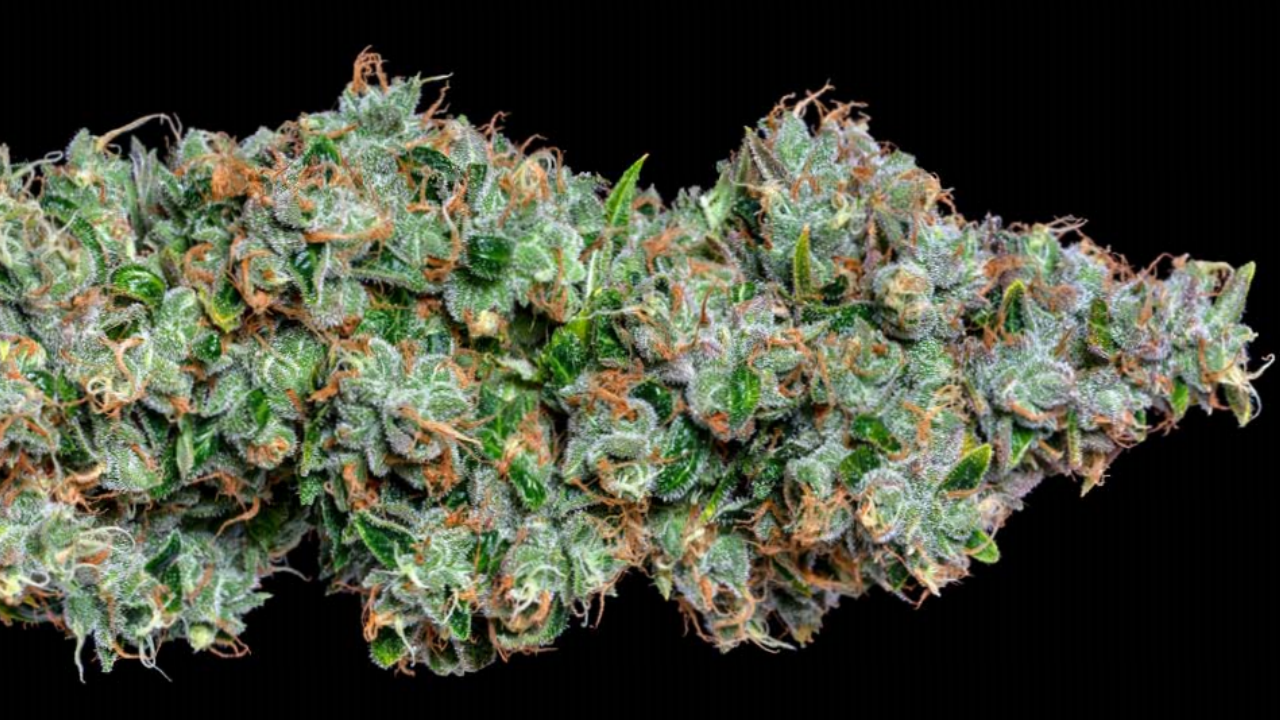Calm in a Cloud: How Cannabis Helps Reduce Stress
In today’s hyperconnected, overstimulated world, stress is almost as common as coffee. From the demands of work and family to the endless notifications on our screens, the pressure never seems to ease. As anxiety levels rise, many are turning away from pharmaceuticals and looking toward more natural remedies. One ancient plant, in particular, has reemerged as a modern-day stress reliever: cannabis.
But is the soothing reputation of cannabis backed by science—or is it simply a cultural myth wrapped in smoke? The answer, like the plant itself, is complex and nuanced.
The Science Behind the Serenity
Cannabis interacts directly with the endocannabinoid system (ECS), a network of receptors found throughout the human body. This system plays a major role in regulating mood, stress response, sleep, appetite, and immune function.
When cannabinoids from the cannabis plant—like THC (tetrahydrocannabinol) and CBD (cannabidiol)—enter the body, they bind to receptors in the brain (primarily CB1) and throughout the nervous system (CB2). This interaction helps balance neurotransmitters like dopamine, serotonin, and cortisol, which play major roles in how we perceive and respond to stress.
- THC, the psychoactive compound in cannabis, is known for creating the feeling of being “high.” In small to moderate doses, it can induce euphoria, reduce anxiety, and help users feel more relaxed or even giggly—providing mental distance from stressors.
- CBD, on the other hand, is non-intoxicating and has been shown to have anti-anxiety and anti-inflammatory effects. It is often used to calm the nervous system without impairing cognitive function.
The entourage effect—a phenomenon where cannabinoids and terpenes work synergistically—enhances cannabis’ stress-reducing abilities. Terpenes like linalool (found in lavender), myrcene, and limonene also have calming or uplifting properties.
Mental Relief in a Chaotic World
Stress doesn’t just affect our minds—it takes a toll on our bodies, relationships, and quality of life. Chronic stress is linked to insomnia, heart disease, digestive issues, and weakened immune response. For some, even traditional coping mechanisms like exercise or meditation don’t always cut it.
This is where cannabis can offer a reprieve.
Cannabis can help:
- Interrupt negative thought loops and “mental noise”
- Enhance mindfulness, making people more present and less consumed by worry
- Promote sleep, which restores emotional balance
- Stimulate laughter and social bonding, both powerful antidotes to stress
Many users describe cannabis as a “reset button,” helping them slow down, regain perspective, and cope with life’s chaos from a calmer state of mind.
Real-Life Examples
- A corporate manager decompresses after long days with a few drops of CBD tincture to ease his racing thoughts.
- A single mom uses a THC-infused gummy after her kids go to sleep to relax without wine or sedatives.
- An artist struggling with burnout uses a balanced hybrid strain to rekindle their sense of play and curiosity.
Cannabis doesn’t just numb emotions—it can help people process and release them. When used intentionally, it creates a safe emotional space where tension can be examined, not just suppressed.
Finding the Right Fit
Cannabis is not a one-size-fits-all solution. While it has helped countless people manage stress, others may find that high doses of THC increase anxiety, especially in unfamiliar or uncomfortable settings.
The key is personalization:
- Microdosing small amounts of THC can bring benefits without intoxication.
- CBD-dominant products are ideal for those who want to stay clear-headed but still ease tension.
- Indica-dominant strains tend to be more sedative and relaxing.
- Hybrid and sativa strains may be better for daytime use or when stress comes with mental fog.
Always start low and go slow, especially if new to cannabis. Consulting with a cannabis-savvy physician or licensed dispensary staff can help users find what works best for their individual needs.
Breaking the Stigma
Cannabis still carries social and legal stigmas in many parts of the world, despite growing evidence of its therapeutic potential. Many people who might benefit from it fear judgment or lack access to quality education and products.
However, as more scientific studies confirm cannabis’ role in stress reduction, anxiety management, and emotional regulation, attitudes are changing. Cannabis is becoming less of a taboo and more of a tool—used by working professionals, parents, veterans, and retirees alike.
A Natural Ally for Modern Stress
Stress may be an unavoidable part of life, but suffering doesn’t have to be. For many, cannabis offers more than just a break—it offers a bridge to mental peace. Whether it’s unwinding after a long day, improving sleep, or softening the edge of anxiety, cannabis provides a calming presence in an otherwise frantic world.
Used mindfully and respectfully, cannabis isn’t an escape—it’s an invitation to exhale.
Sid Prince
Photo credit and links: https://www.news-medical.net/news/20240805/Cannabigerol-shows-promise-in-reducing-anxiety-and-stress-study-finds.aspx https://sacredsunfarms.org/


